On Writing Colonies and "Community"
- bino realuyo

- May 10, 2025
- 5 min read

Because I have spent every year of my adult life traveling abroad, I don't really feel the need to apply to writing residencies. But decades ago, I actually tried, and went to a couple of them. There are plenty of these residencies, where artists go to produce work while building their credentials. Whatever was good for their academic CVs. They are competitive, and hardest to be accepted if in the summer when MFA programs are on break.
I wanted to a repeat of my graceful 2004 artist colony experience in Spain's Valparaiso, but instead, the last time I would be in an artist colony was in 2010 at Yaddo in Saratoga, NY. The worst. Bullying. Ego-systems. Insecurity. High School cafeteria behavior. Name it. It was there. Yaddo turned out to be the worst mixture of humans locked in one place--literally, as we were in the middle of a tick-infested forest in Saratoga, New York. I would hear more horrible stories from writers who had been there, especially after I finally decided to walk out and put that hell of an unadulterated earth behind me. And now 15 years later, as I look back, I still have a hard time recalling fond memories of Yaddo, except perhaps of the workers who kept the mansion running and the old walls and their echoes whose "conversations" I enjoyed more than the actual mortal artists who lingered the dining rooms at the end of each day, ready to tear down unsuspecting targets. Interestingly enough, other writers had seen worse. But what could be worse than a bunch of artists creating an illusion of hierarchy and subjecting residents to it? Wrong place, wrong people, wrong time.
Twenty-one years ago, in 2004, a year after my father passed, I would find myself in Spain for a whole month. Not new to international travel, I flew to Mojacar/Almeria, apparently on the Mediterranean, to just get out of the country once again. I had just returned from living in Puerto Rico and was not ready to go back to work. I had never been to a writer's colony and never found them appealing. But why not? It was another country, and I needed a respite. My Caribbean experience turned out to be well spent for mourning, and not for generative writing. I had been to Spain twice before then. In fact, I finished my first novel The Umbrella Country in Madrid. An Andalucian mountain was never my idea of Spain, much less live on one for a month. As it turned out, Fundacion Valparaiso was in the middle of such a mountain, where the urban-ish center was a climb up the mountain, and the coast, a descent. To see locals, to find a Church, climb up.
2004 for writers on-line was the world of blogs. It was before the smart phone, and we needed a computer to access our blogs or the internet in general. I had published a novel five years prior, and already had my own Wikipedia page. Google was at a nascent stage, and Yahoo as a search engine was all the rage. A healthy google footprint was still not in the conversation. It was still a world of books on paper, and conversations without cellphones. However, many of us were already blogging then, and Blogspot was the place. I knew from the Filipino writers "listserves" that I was preceded by many Filipino writers before I went to Fundacion Valparaiso, and most had already many good things to say about it. Spain after all was an old Auntie.
Perhaps innocence and ignorance came into play. I was younger. Zero expectations. And totally escapist. A bunch of us would arrive at the airport at the same time. I wasn't sure whether Hanya Yanagihara came on the same day, but I do remember a couple of visual artists with the biggest luggage imaginable. All of us not realizing that our destination was uphill, away from the Mediterranean coast. The place was what we Filipinos would call an "hacienda" or Americans a "villa." Orange trees dotted the whole mountain. There were people living there, none I would see during the month I was there.
We had our own rooms, a few had their own balconies. The mornings were glorious, waking up to sounds of roosters and the most beautiful dawn skies. It reminded me of Mexico's San Miguel de Allende, except Mexican pueblos were teeming with people who loved to be outside. Pilar Parra, the most hospitable human, was our host. Lunch and breakfast were left in the kitchen, and dinner was served with her at the head of the table. We had visual artists (I remember the cheerful Grieg), a Korean architect (the generous and kind Choi Wook), and at least three writers. Except for a Mexican artist who loved knives, I was the only other person who could speak Spanish. Wook spoke Italian.
Valparaiso would change my idea of artist colonies. No forced sense to build community. Much respect for independence. It was stress-free. The environment was inviting and inspiring. The villa was visually beautiful, with enough space around for us to have our own privacy if desired. I don't remember what works I did there. to be honest. It could be for a novel that I never finished--The Ashen Parts--the same one that gave me my first New York Foundation for the Arts fellowship. I know I didn't go there to write poetry, because at the time, I was still trying to publish my first book of poems. What I remember most about this place wasn't what I did there, but the people I spent my time with.
Our group was easy to like. There was much humility amongst the people who traveled from other countries, and perhaps that was what made the residency special--there weren't annoying and self-serving American artists. There was a gym near the water that a few of us went to. I don't remember if the residence had internet, but I knew when I went down the mountain a lot. There was a Church atop the mountain that I visited. Seeing a sea of white hair during mass wasn't surprising after I learned that many of the young people had left. At the end of the residence, Hanya and I went to Granada and Barcelona. I believe she returned to New York before I did. After meeting once in Manhattan, I would never see her again. I would only hear about her after her return as an extraordinary writer. Well, I knew her back when. I should really be thanking her -- I was told that she was the one who talked me up at Random House in 1997/1998 that a senior editor started looking for me. I probably learned about that after Valparaiso. I never got a chance to thank her. So wherever you are Hanya, thank you very much.
More about Hanya Yanagihara:



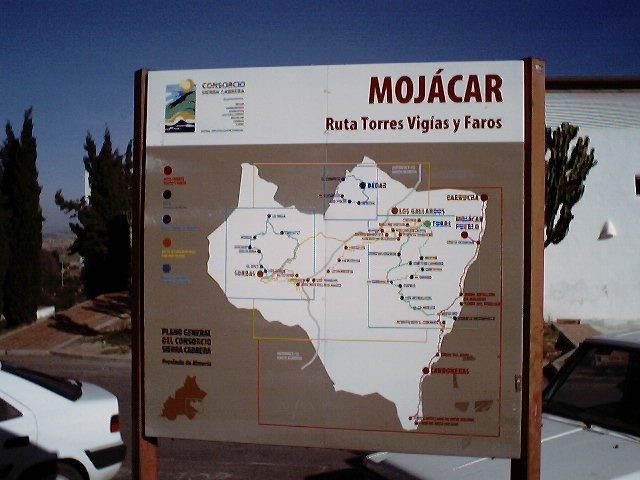

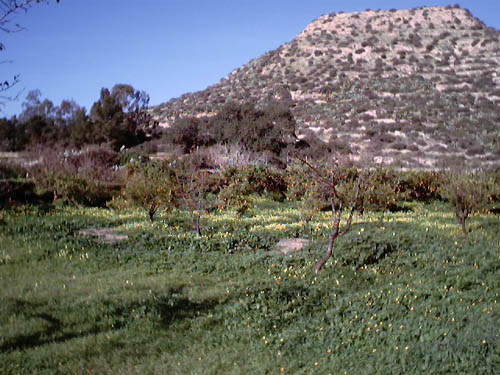

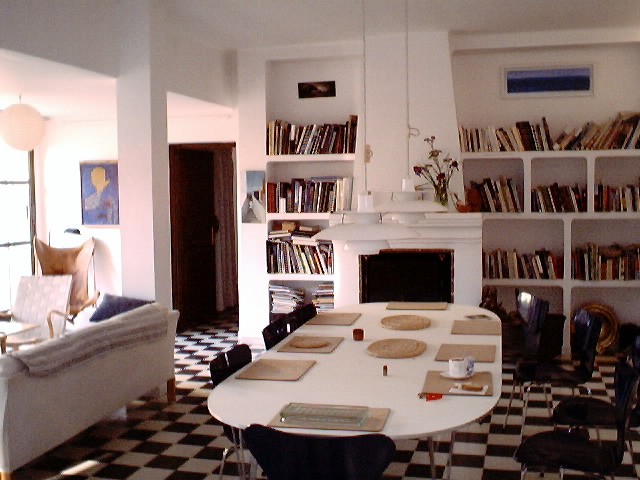

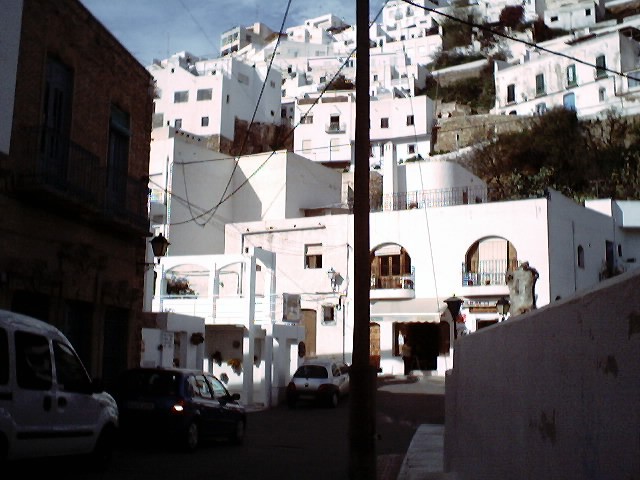

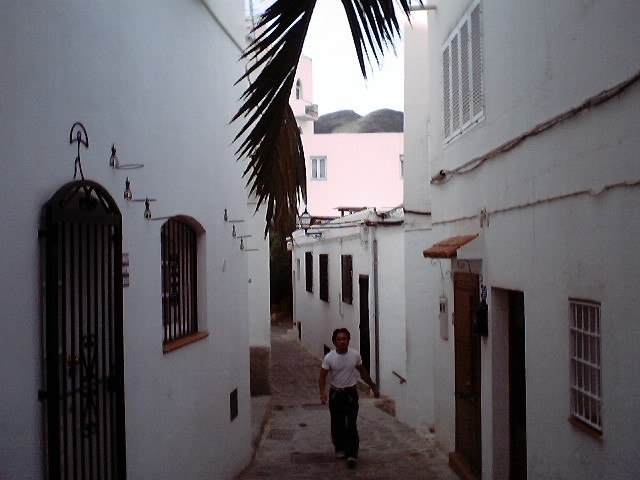

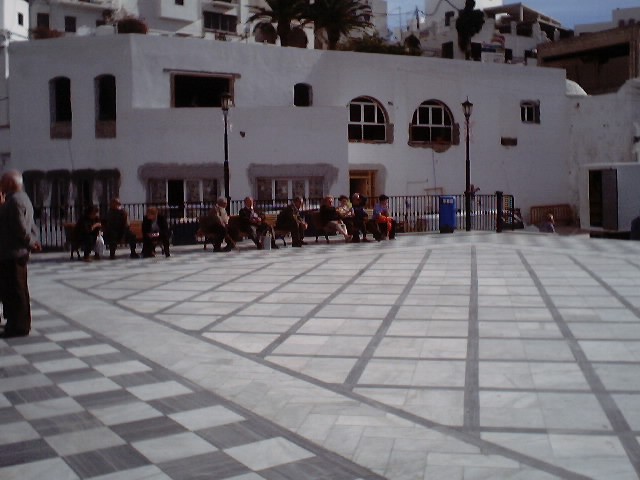
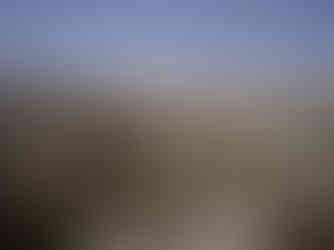


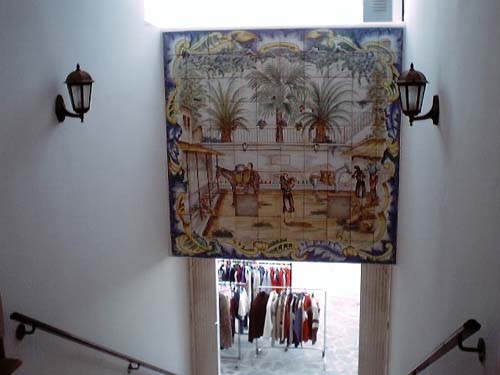

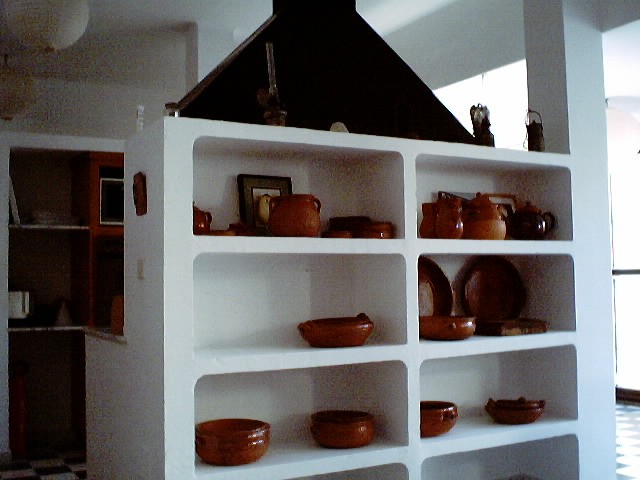






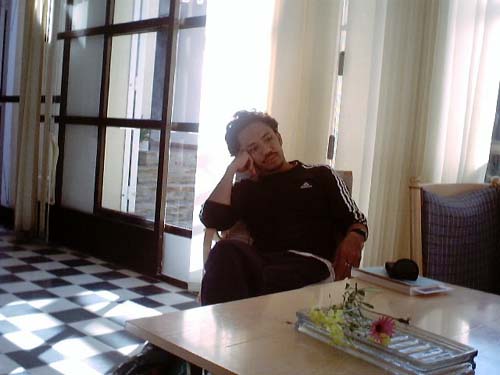



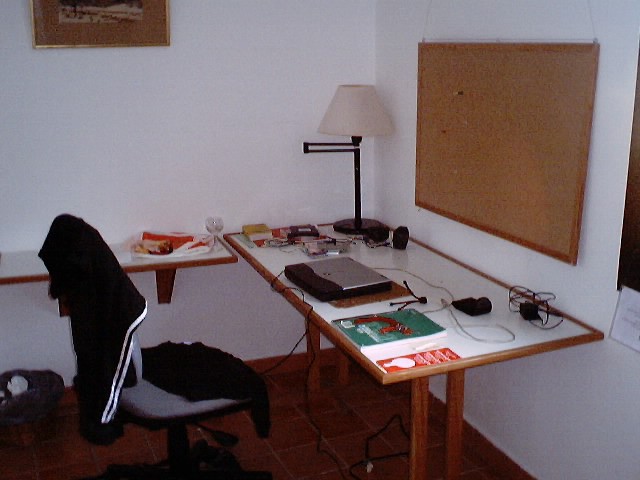



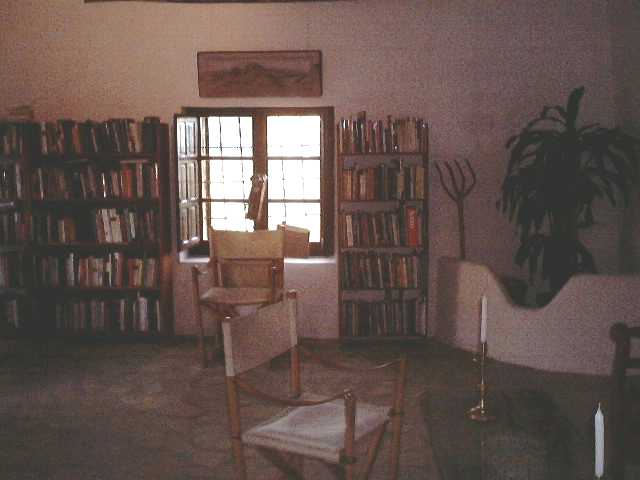





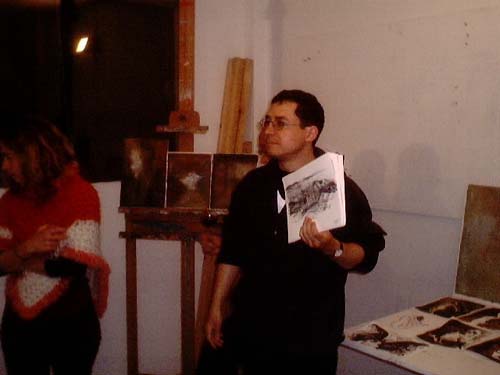

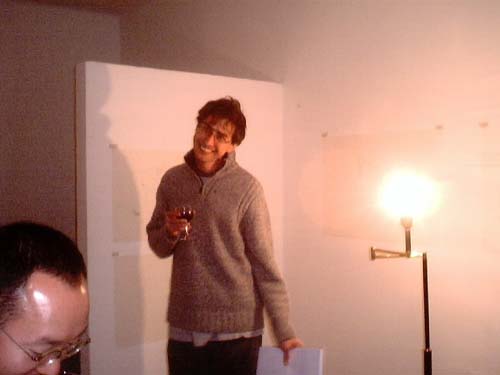

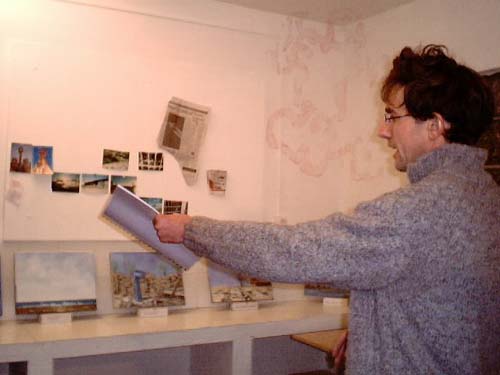

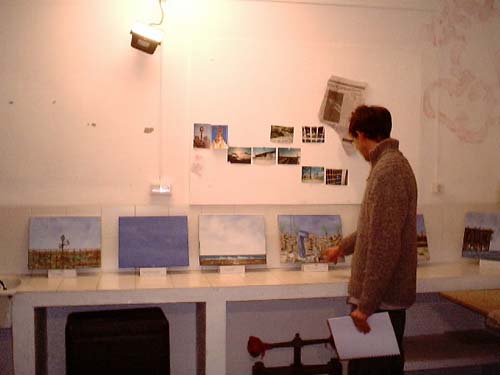

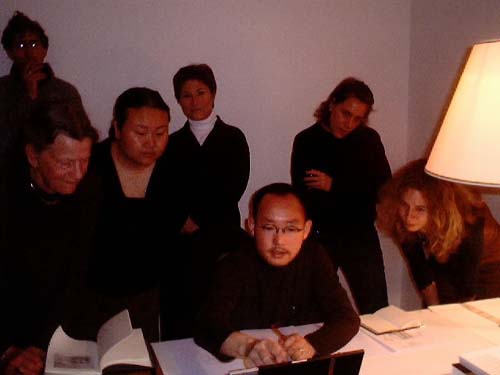

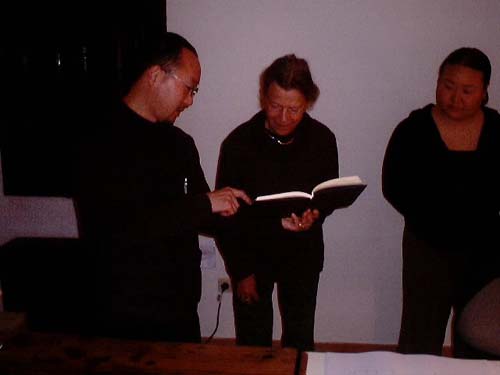

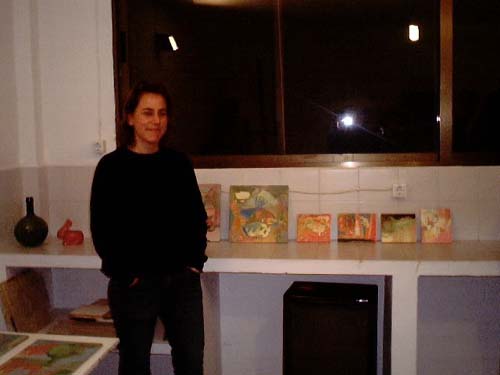



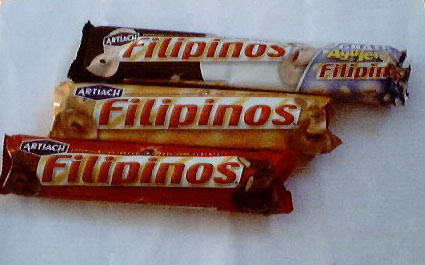

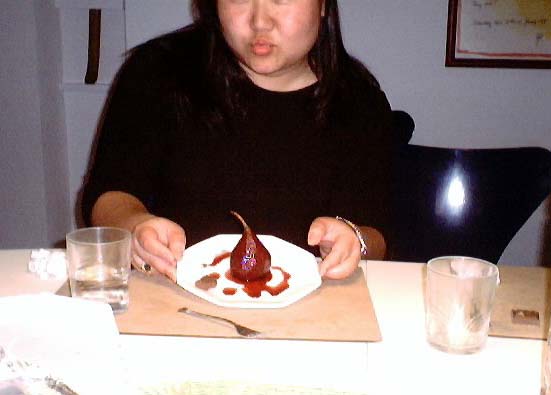





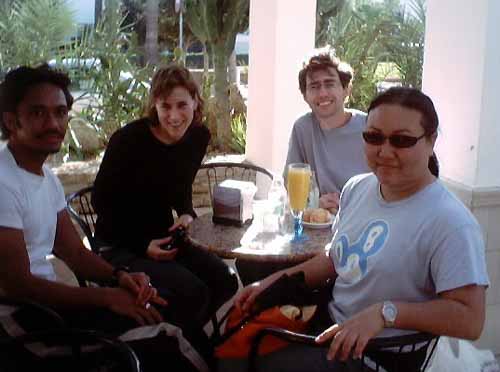







Comments